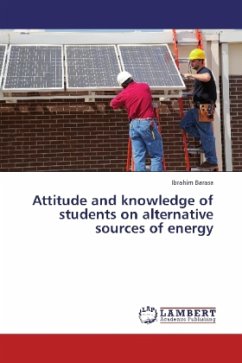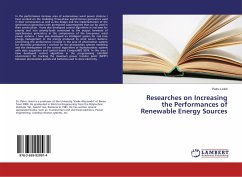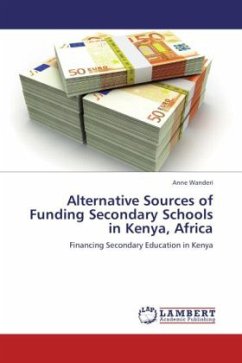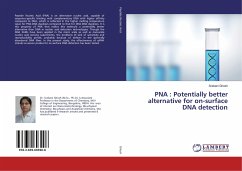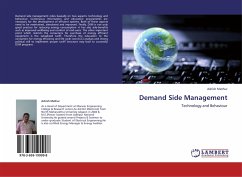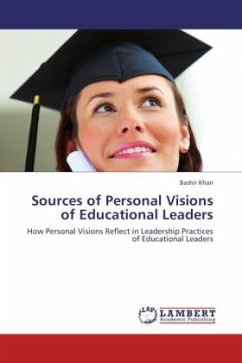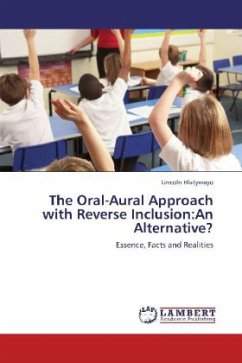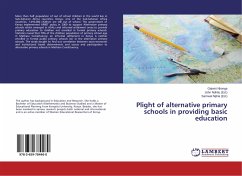In the past decade, alternative sources of energy have increasingly been viewed as future of energy needs because they are renewable and generally cause less environmental degradation than biomass, fossil fuel and nuclear energy. The purpose of this study was to investigate the attitude and knowledge of secondary school students in the utilisation of alternative sources of energy for sustainable development. Descriptive survey design was adopted for the study whereby the research instruments used included questionnaire and interview. Data obtained was analyzed by descriptive statistics. Results showed that students have a high perception of hydroelectric power as an alternative source of energy for lighting, and were in full support of traditional source of energy for cooking. As such, they defended the continuity of charcoal burning which is a source of livelihood in the study area. It was further established that environmental education through which students are taught environmental issues has not been fully integrated in all disciplines of secondary school curriculum as recommended by the Tbilisi Declaration, 1977.
Bitte wählen Sie Ihr Anliegen aus.
Rechnungen
Retourenschein anfordern
Bestellstatus
Storno

